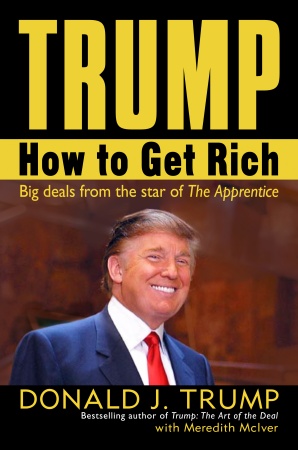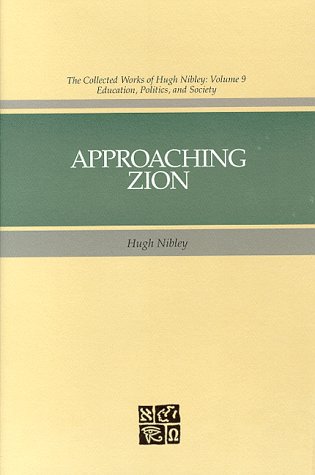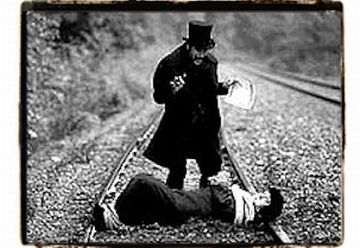Category: Philosophy and Theology
-
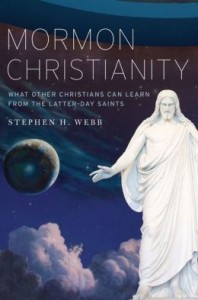
Mormon Christianity: A Sympathetic View
Stephen H. Webb’s Mormon Christianity: What Other Christians Can Learn From the Latter-day Saints (OUP, 2013) has a lot to offer both LDS and non-LDS readers. My acquaintance with Amazon titles on Mormonism makes me think it would have attracted a much larger non-LDS readership had it been titled How I Escaped From Mormon Christianity.…
-
Mormon Christianity: A Little Bit Catholic
I’m about a third of the way through Stephen W. Webb’s Mormon Christianity: What Other Christians Can Learn From the Latter-day Saints (OUP, 2013). Webb is a Catholic professor of philosophy and theology turned writer. His Catholic perspective on LDS doctrine and his evident sympathy for the LDS approach to Christianity make this insightful outsider…
-
Reasoning Together – Zion
We talk about Zion in a lot of different senses, but I think most of these share the general idea of communally gathering, developing, sharing, and partaking in everything that is lovely, virtuous, or praiseworthy or of good report. How do we do this, both collectively and individually, on both a theological and political level?…
-
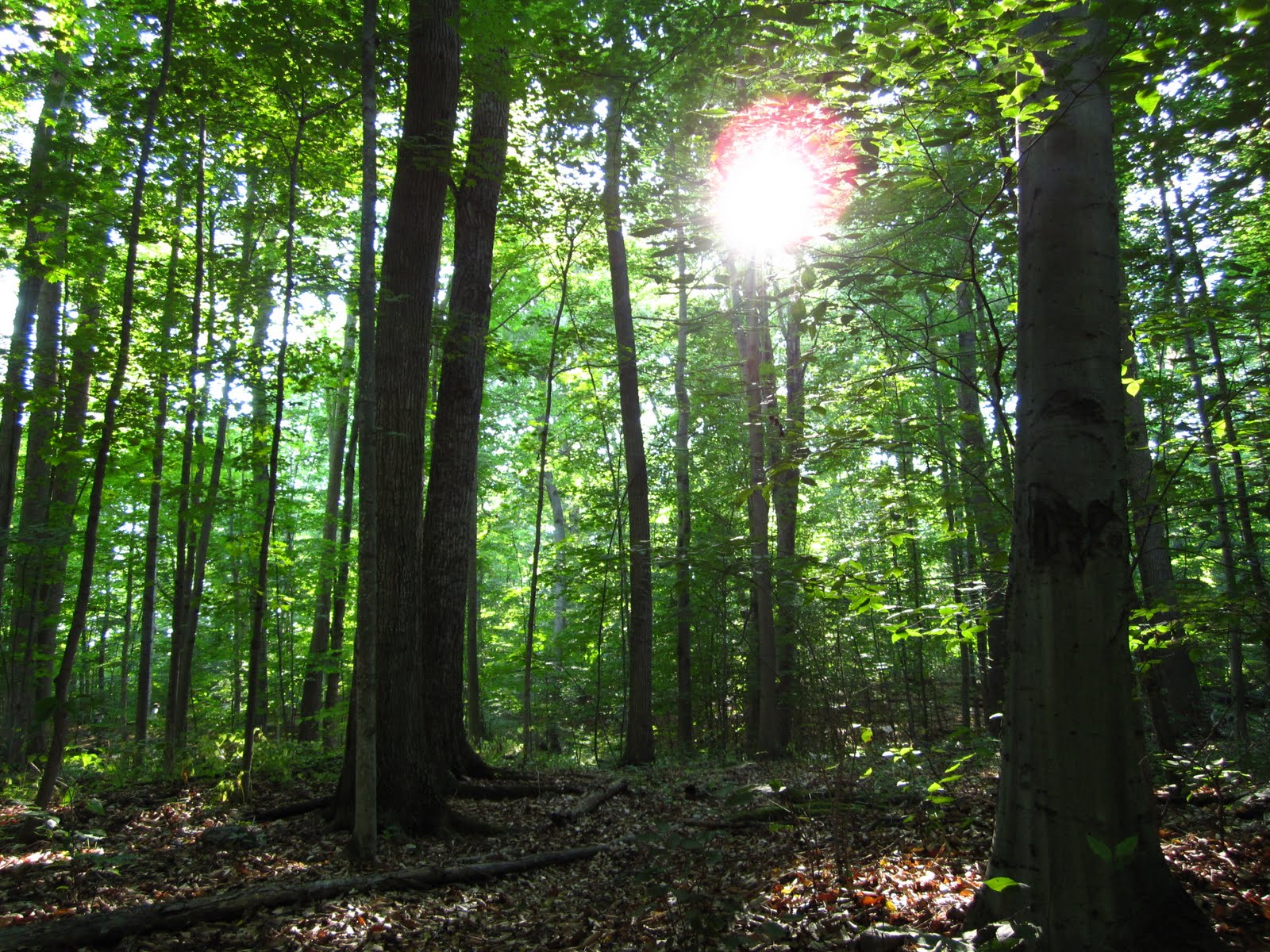
Reasoning Together – Prophets
Here’s the main point: I don’t think either our history or our theology supports traditional and currently widespread – though often unarticulated – notions of what a prophet is.[1]
-
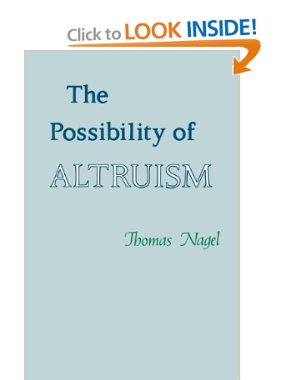
Stewards of Prudence and Altruism
Prudence and altruism combined allow us to delay personal gratification or even make sacrifices for the benefit of future people who have not yet been born. The hearts of the fathers must turn to their children
-

How a concussion made me think of Stephenie Meyer and Francis Hutcheson
Last semester, my first semester studying Greek, I sustained a mild concussion. I have mostly recovered now. I still have problems with bright lights that makes nighttime driving intolerable, but for the most part, I’m functioning normally. But for a few weeks there, I couldn’t think straight. It hurt to concentrate. Reading even a light…
-
Finding My Heavenly Mother, Part 4 (Literary Edition)
Also see part 1, part 2 and part 3. In a 1944 essay (“Is Theology Poetry?”), C.S. Lewis remarked, “I believe in Christianity as I believe that the sun has risen: not only because I see it, but because by it I see everything else.” As one who embraced Christianity later in life, Lewis had…
-
The God Who Weeps: Faith
I agree with The God Who Weeps that faith is a decision, but I disagree about the site of this decision.
-
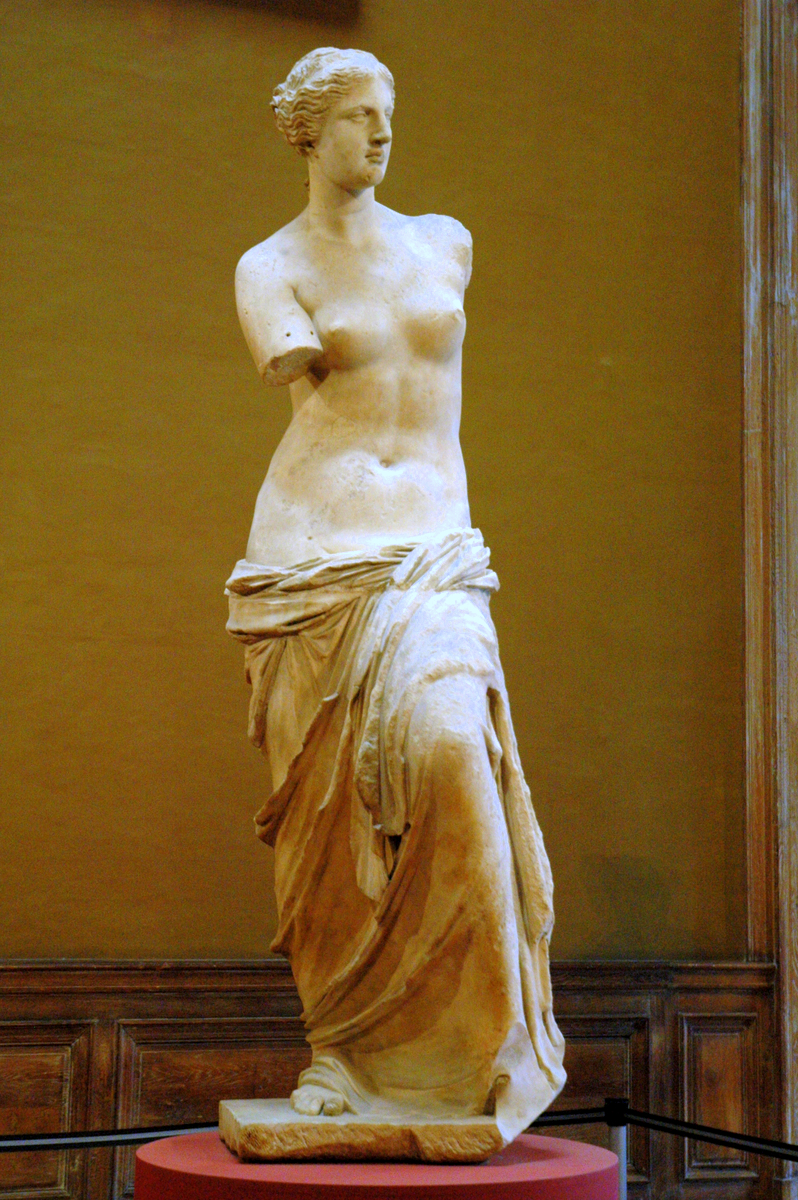
Finding My Heavenly Mother, Part 2
The same drive which called art into being as a completion and consummation of existence, and as a guarantee of further existence, gave rise also to that Olympian realm which acted as a transfiguring mirror to the Hellenic “will.” The gods justified human life by living it themselves—the only satisfactory theodicy ever invented. –…
-
Post-structuralist Mormon?
I played with deconstruction a little bit this semester. It probably wasn’t a good idea; I didn’t feel I had a firm grasp on Derrida; his ideas squirmed away from me like slippery little fish. But it seemed like so much fun, like such a powerful tool; how could I resist? It was like fire…
-
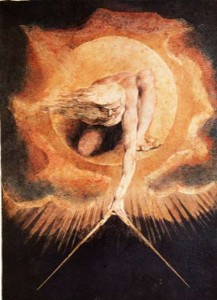
Exploring Mormon Thought: Sex
I don’t know much about God (which is probably pretty obvious), but I have thought a lot about sex.
-
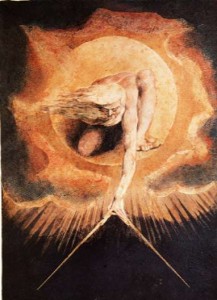
Exploring Mormon Thought: The Homogeneous?
In chapter 8 of The Attributes of God, Ostler continues grappling with the question of human agency in relation to God’s foreknowledge. The professional literature generated by this kind of theological question is wide and deep and the field is no particular speciality of mine. On these kinds of questions, Ostler is much better read…
-
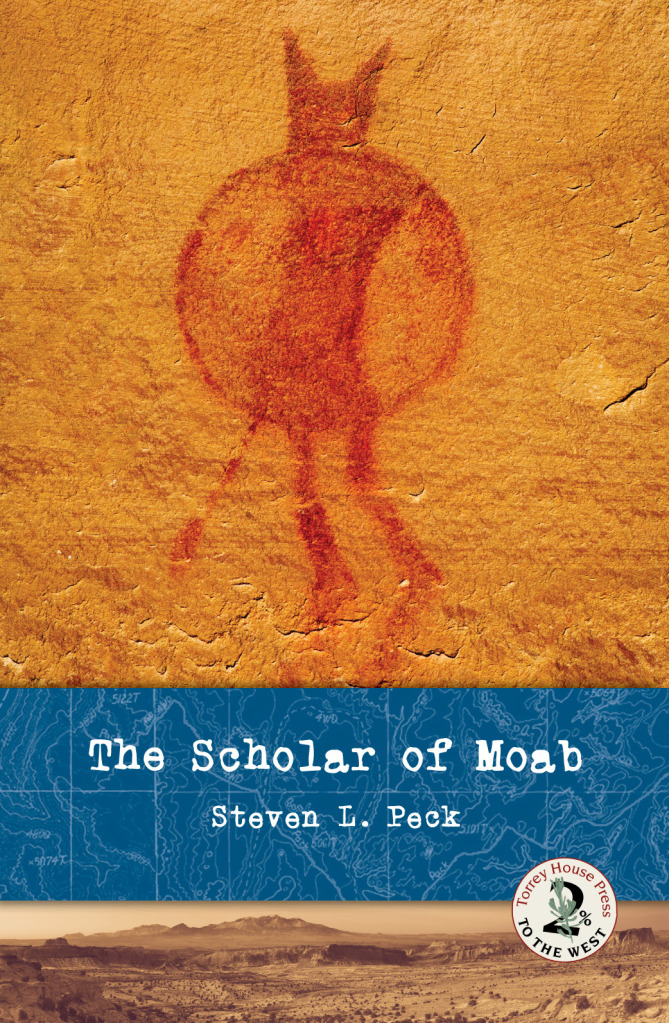
-
Phantom Limb
I can’t speak to your experience. I can’t speak even to my own. But I’ll tell a story. I remember the day and time and place that I stopped believing in God, but not the date.
-
Ecce Theologus
Joseph Spencer is indispensable. He is the “not-thoughtless” and the “never-glosses-over.”
-
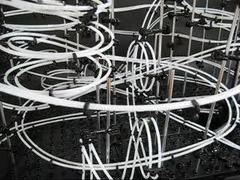
Circuitous Machinations – On Mormon Theology
A comically involved, complicated invention, laboriously contrived to perform a simple operation. —“Rube Goldberg,” Webster’s New World Dictionary
-
Grant Hardy’s Subject Problem
Criticisms of the Book of Mormon generally fall into one of two categories: objections to its historical claims on the one hand, and on the other critiques of its literary style. The two prongs are often combined in a single attack, for instance in the suggestion that the awkward style of the book reflects the…
-
Faith, Philosophy, Scripture: Breathing
One last post about Jim Faulconer’s Faith, Philosophy, Scripture (Maxwell Institute, 2010). The final chapter is entitled “Breathing” and is a meditation on Romans 8.
-
Faith, Philosophy, Scripture: Reading Zion
Zion is the world ajar. Zion is the world set on a double hinge. God gives a push, the door goes swinging, and the world opens wide.
-

Rivers of Living Water
It’s Easter and I, like Mary, have a hard time seeing what’s right in front of me.
-

Faith, Philosophy, Scripture: True Believer
It’s unlikely that I believe the right things about God, Jesus, the gospel, or the Church. It’s even less likely that I could express my beliefs in a coherent and justifiable way. I used to think that, because my ideas were clever, I was at least closer to being right than most. This I took as…

